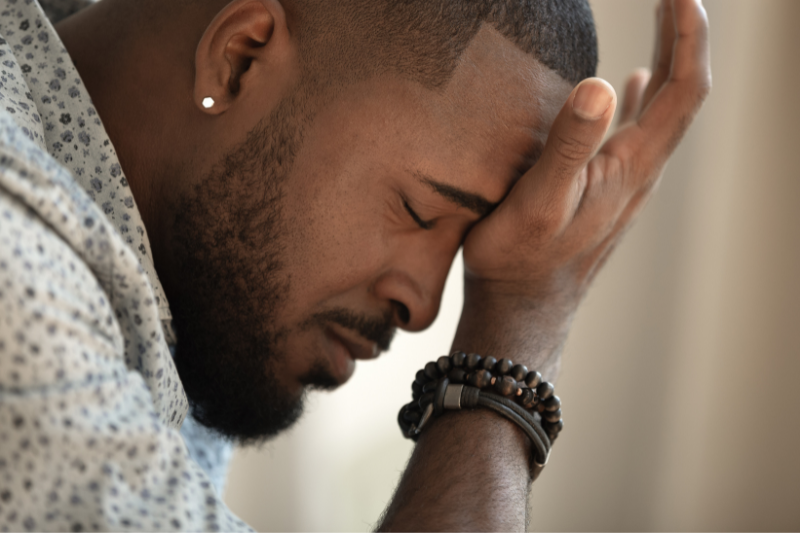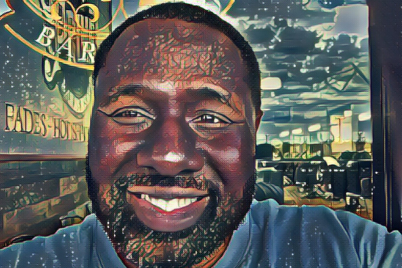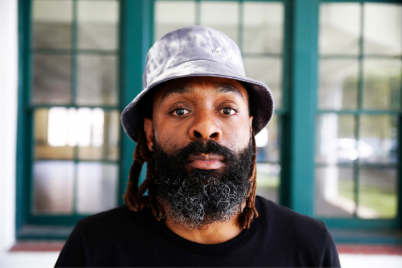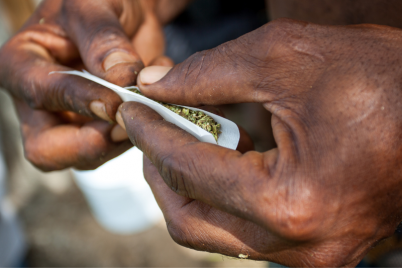‘Men don’t want to seek any type of medical support, whether it be mental health or physical health. A lot of studies and surveys show that men are afraid; that there is some sort of belief that they are weak if they go to the doctor,’ said Dr. Delvena Thomas.
Editor’s note: This commentary is provided by the Medical Marijuana Education and Research Initiative (MMERI) of Florida A&M University.
TALLAHASSEE — Some say men have a habit of refusing to ask for help, especially when confronting medical or mental health issues they may be experiencing.
“Men don’t want to seek any type of medical support, whether it be mental health or physical health. A lot of studies and surveys show that men are afraid; that there is some sort of belief that they are weak if they go to the doctor,” said Dr. Delvena Thomas, a board-certified psychiatrist and qualified medical marijuana physician based in Fort Lauderdale.
Changing this potentially detrimental behavior among men is a long-term project that starts with parenting, explained Dr. Michael Railey Sr., a psychologist with a private practice based in Tallahassee.
When it comes to men caring for their mental health, Dr. Thomas advises them to be aware of signs of behavioral changes that could warn of impending psychological distress.
“Anything that’s different than their usual routine is typically a red flag,” said Dr. Thomas. “Maybe they’re eating a lot more, or they’re eating a lot less than they usually do. They’re having difficulty falling asleep. They might appear sad. Their libido decreases. That is a telltale sign of depression in men.”
Dr. Thomas describes medical cannabis as a drug of limited use in her psychiatric practice, mostly helping patients cope with anxieties and overcome sleep disorders. But she feels it’s safer than some pharmaceuticals prescribed to treat the same issues.
Both she and Dr. Railey strongly warn against self-medicating with non-medical marijuana. With its higher THC levels, recreational marijuana “can cause latent psychotic features to come to the surface really quickly,” stated Dr. Railey.
A recent National Institutes of Health report linked “cannabis use disorder” to an increased risk of schizophrenia, especially in young men.
Anyone in a state of psychological distress should seek professional help, said Dr. Thomas, who recommends starting with a primary care physician for guidance. Other resources to consider are healthcare insurers’ lists of in-network mental health practitioners, a community mental health center or calling the free 211 referral service.
Visit bit.ly/CannabisAndMensMentalHealth to watch MMERI’s Conversations on Cannabis Virtual Forum featuring Dr. Delvena Thomas, a Board-certified psychiatrist and qualified medical marijuana physician based in Fort Lauderdale, and Dr. Mike Railey, a licensed psychologist based in Tallahassee discussing how cannabis use can impact a man’s mental health.








